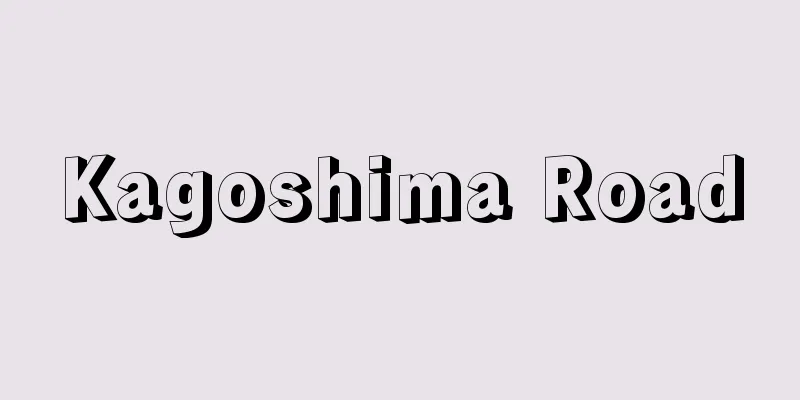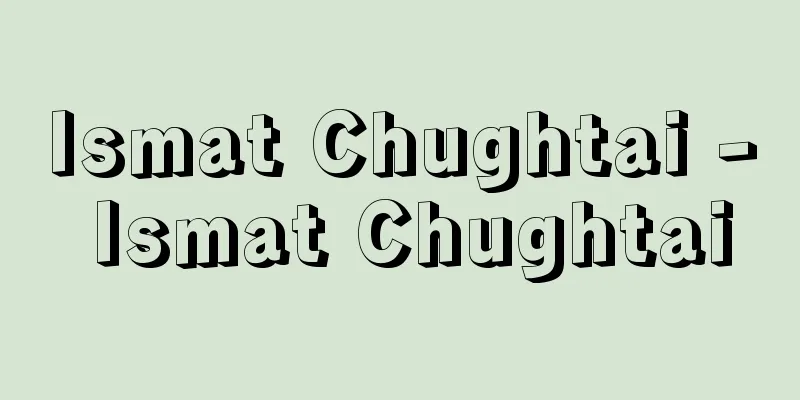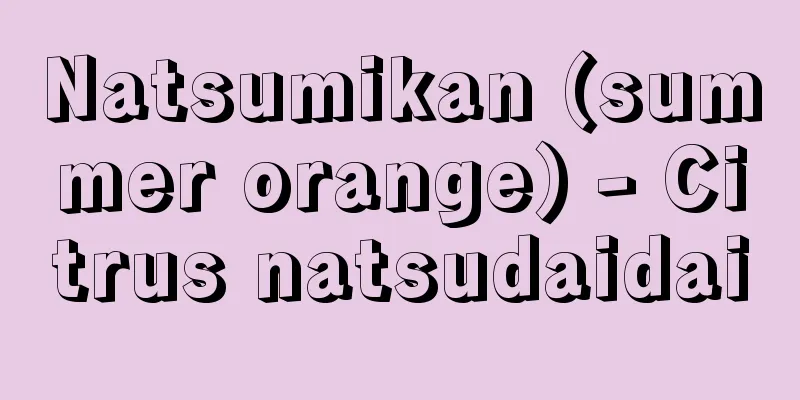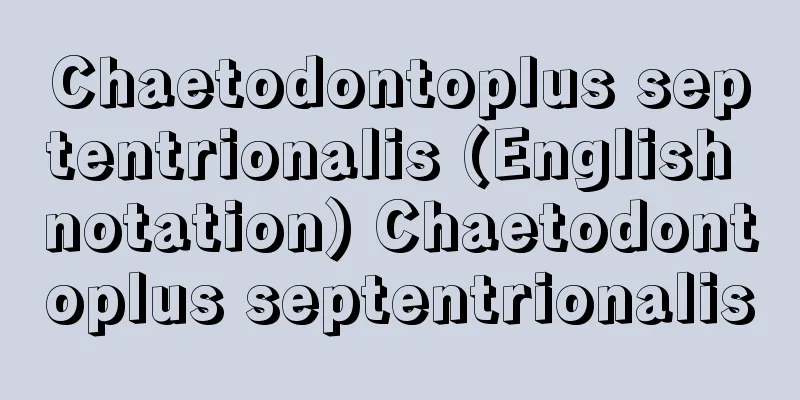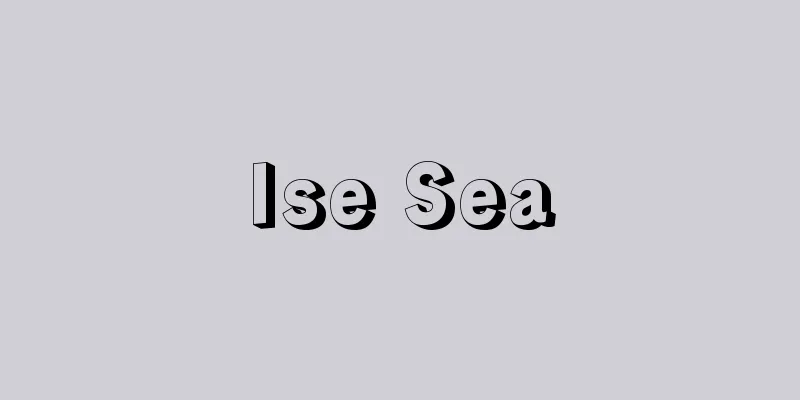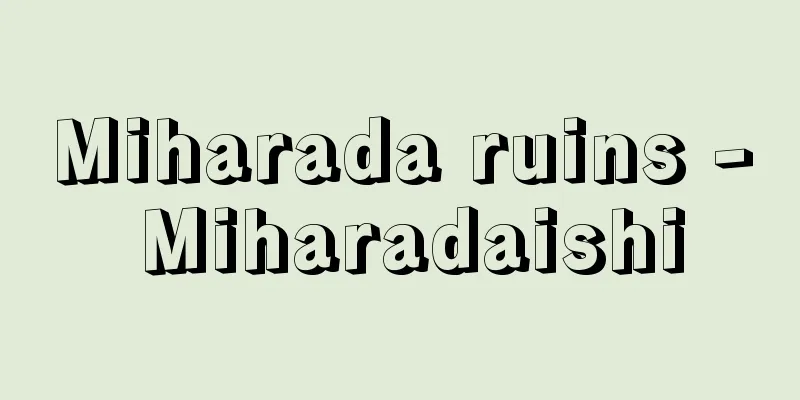Turkic languages - Turkic languages
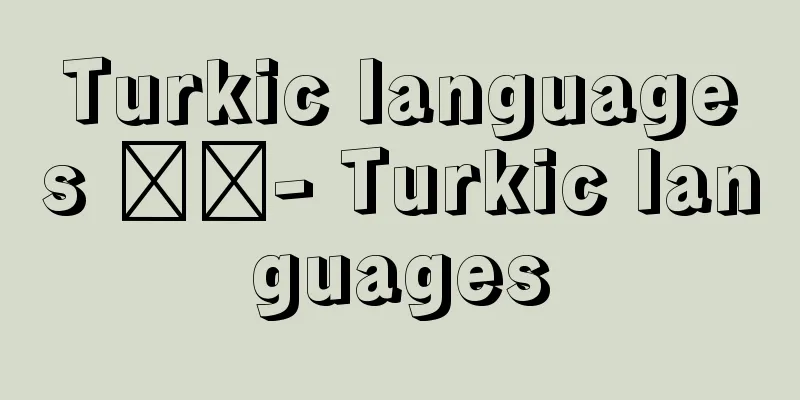
|
A general term for the Turkish language and related languages of the Republic of Turkey. Turkic. Turkish, Turkmen, Azerbaijani, Kazakh, Kyrgyz, Uzbek, Uighur, Tuvan, Khakass, Altaic, Tatar, Bashkir, Chuvash, Yakut, etc. Distributed mainly in Central Asia, from the southern Caucasus to the former Soviet Union and China, as well as in the middle reaches of the Volga and Ural rivers, near the Altai Mountains, and in Eastern Siberia. With the exception of Chuvash near the middle Volga and Yakut in Eastern Siberia, there are few differences between the languages, and they are characterized by developed vowel harmony and simple, regular grammatical structure. The sentence structure is very similar to Japanese. The oldest document is a Turkic inscription from the 8th century, followed by ancient Uighur from around the 10th century, and from around the 15th century, written languages using Arabic characters such as Chagatai literary language developed in various places. Since the beginning of the 20th century, many languages have adopted the Roman alphabet, but languages in the Soviet Union changed to Russian script. After the collapse of the Soviet Union and the independence of each country, they are returning to the Roman alphabet. Turkic languages in China use the Arabic script. →Altaic languages/Turkish peoples →Related topics Uighur script | Kazakh [people] | Sogdian | Turkmen [people] | Mongolian languages Source : Heibonsha Encyclopedia About MyPedia Information |
|
トルコ共和国のトルコ語および同系諸言語の総称。Turkic。トルコ語,トルクメン語,アゼルバイジャン語,カザフ語,キルギス語,ウズベク語,ウイグル語,トゥーバ語,ハカス語,アルタイ語,タタール語,バシキール語,チュバシ語,ヤクート語など。カフカス南部から旧ソ連,中国にまたがる中央アジアを中心にボルガ,ウラル両河中流域,アルタイ山脈付近,東シベリアなどにも分布。ボルガ中流付近のチュバシ語,東シベリアのヤクート語を除けば諸言語間の差異は少なく,発達した母音調和と簡単で規則的な文法構造が特色をなす。文構造は極めて日本語に近い。最古の文献は8世紀の突厥(とっくつ)碑文で,10世紀ころからの古代ウイグル語がこれに次ぎ,15世紀ころからは,チャガタイ文語など各地でアラビア文字による文章語が発達した。20世紀初めからローマ字正書法を採用する言語が多くなったが,ソ連邦内の諸言語ではロシア文字正書法に改められた。ソ連邦が崩壊して各国が独立するに及び,再びローマ字正書法に戻りつつある。中国におけるチュルク語ではアラビア文字を用いる。→アルタイ諸語/トルコ系諸族 →関連項目ウイグル文字|カザフ[人]|ソグド語|トルクメン[人]|モンゴル諸語 出典 株式会社平凡社百科事典マイペディアについて 情報 |
Recommend
Mount Ishikari - Mount Ishikari
The main peak of the Ishikari Mountains in centra...
Ookido - Ookido
This is a former place name located near the Yots...
Firefighting costume - Kajishozoku
Costumes worn in the event of a fire during the E...
kite
...The name "tako" spread from Edo duri...
Caterpillar - Caterpillar
A common name for the larvae of Lepidoptera insec...
Canal lift - Canal lift
...The method of canalizing a river using locks i...
Women's Association - Fujinkai
An organization whose members are women and has a...
William Smellie
1697‐1763 British obstetrician. He studied medicin...
Darkfield microscope - Anshyakenbikyo
Also known as an ultramicroscope. A microscope tha...
Aglaonema - Aglaonema
A perennial plant of the Araceae family (APG clas...
Benjamin [of Tudela] (English spelling)
?-1173 A Jewish rabbi and traveller born in Navarr...
Muneshige Tachibana
A feudal lord from the Azuchi-Momoyama period to ...
Saga [city] - Saga
A city in the central-eastern part of Saga Prefect...
Replacement rice - Kawashimai
〘 noun 〙 Sending rice by money order . Arranging a...
Kikuyo [town] - Kikuyo
A town in Kikuchi County in northern Kumamoto Pref...


